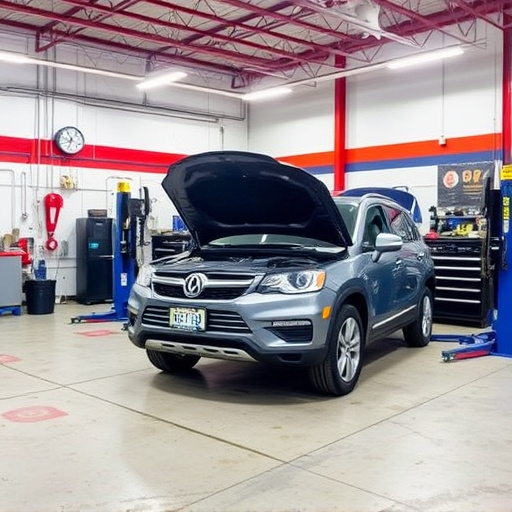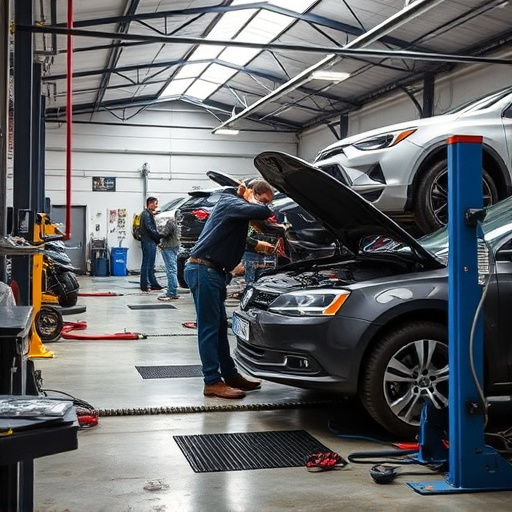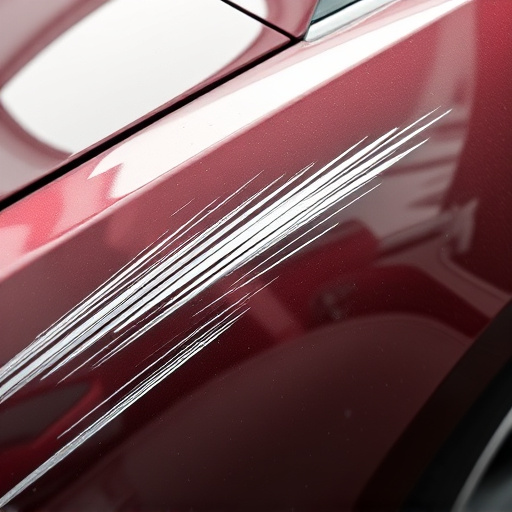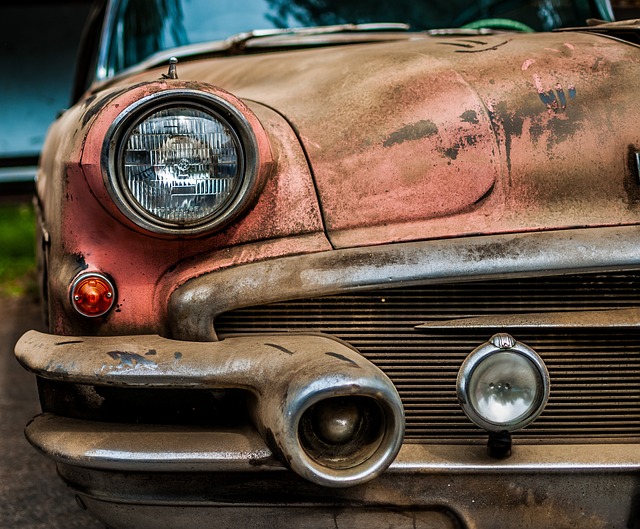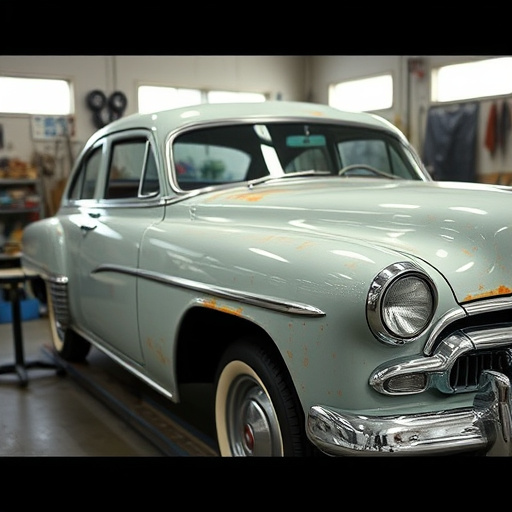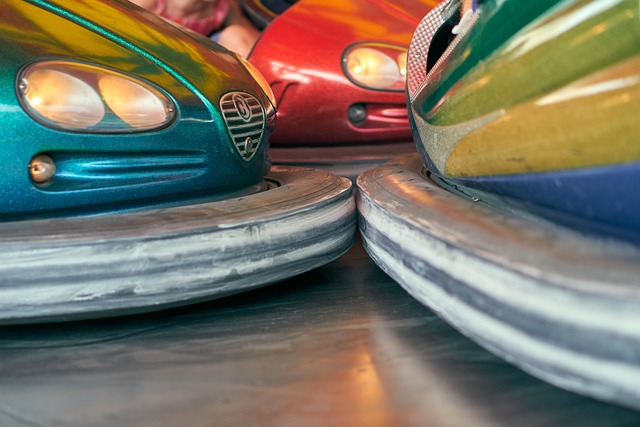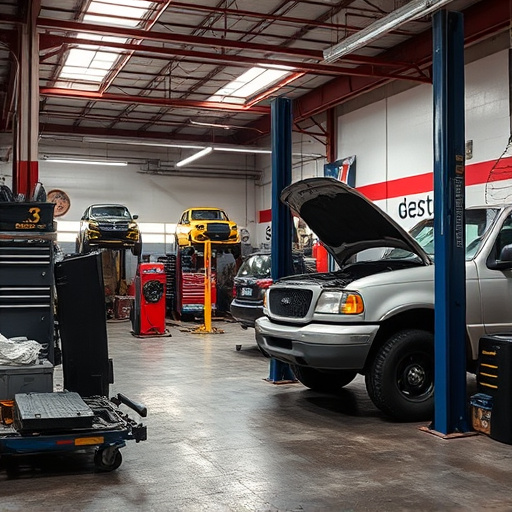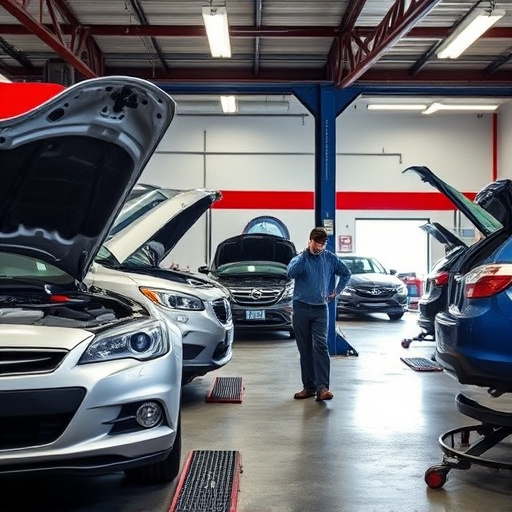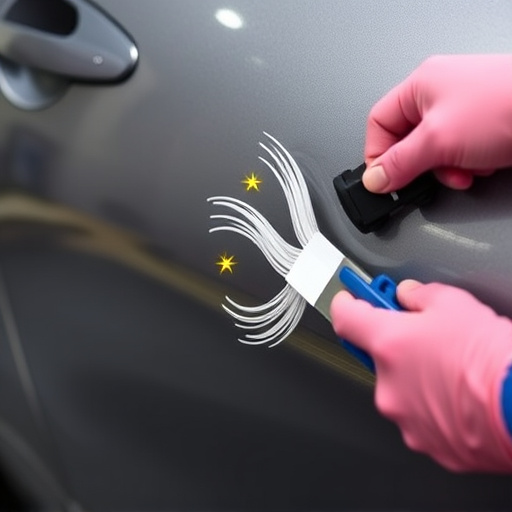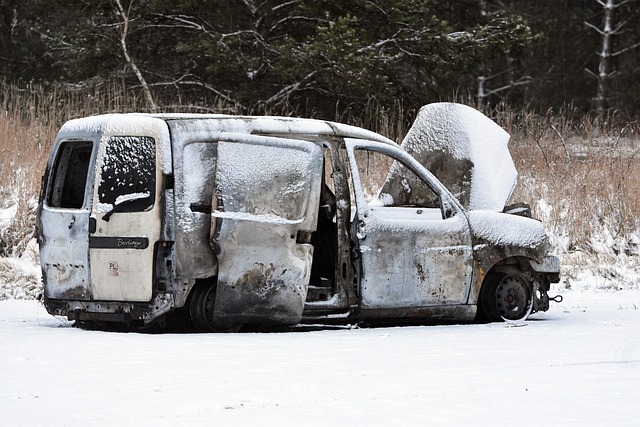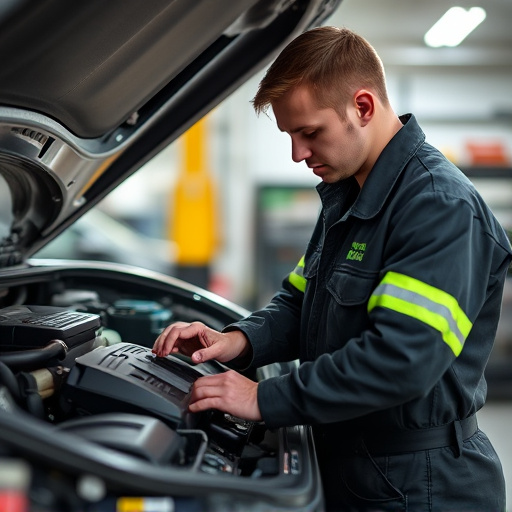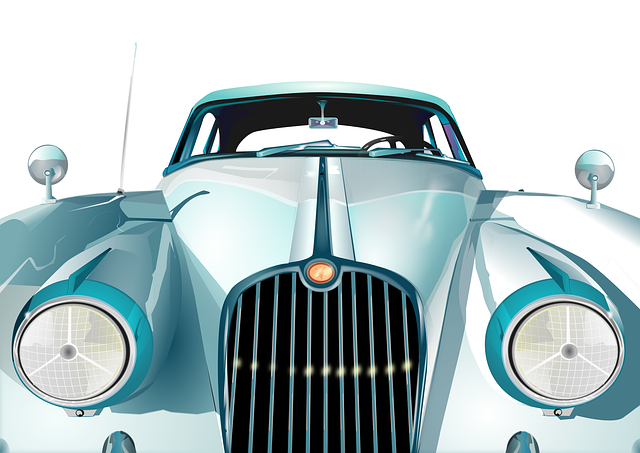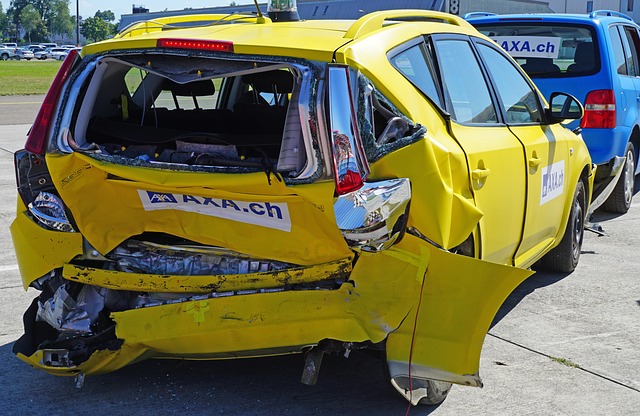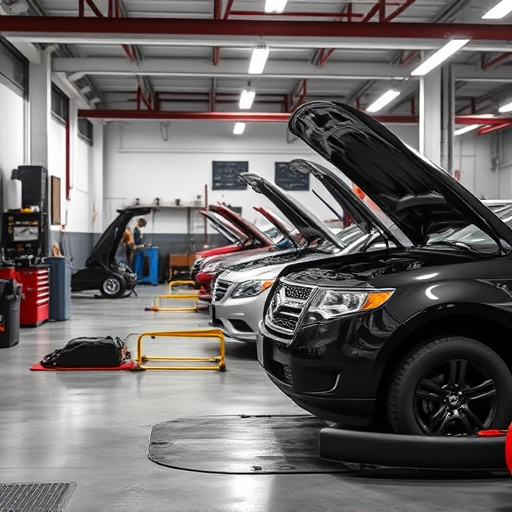Collision repair technicians play a vital role in modern automotive workshops, equipped with advanced tools like robotic arms, lasers, and digital diagnostic systems. They combine technical skills in precision measurements, CAD software, and advanced tooling with strong problem-solving abilities to handle diverse vehicle damage. Effective communication and adaptability are key, as they collaborate with peers and interact with customers while ensuring vehicle safety and quality through stringent quality control and adherence to industry standards.
In today’s advanced automotive landscape, collision repair technicians play a pivotal role in restoring vehicles to their pre-accident condition. The modern workshop is equipped with cutting-edge tools and technology, from computer-aided design software to robotic welding systems, enhancing precision and efficiency. Successful technicians possess a blend of technical expertise, problem-solving skills, and adaptability to new technologies. This article explores the evolving role of collision repair technicians, focusing on their daily tasks, required skills, and commitment to safety and quality assurance in modern automotive repair practices.
- The Modern Workshop: Tools and Technology Used by Collision Repair Technicians Today
- Skills Required: What Makes a Successful Collision Repair Technician
- Safety and Quality Assurance: Expectations for Contemporary Collision Repair Practices
The Modern Workshop: Tools and Technology Used by Collision Repair Technicians Today
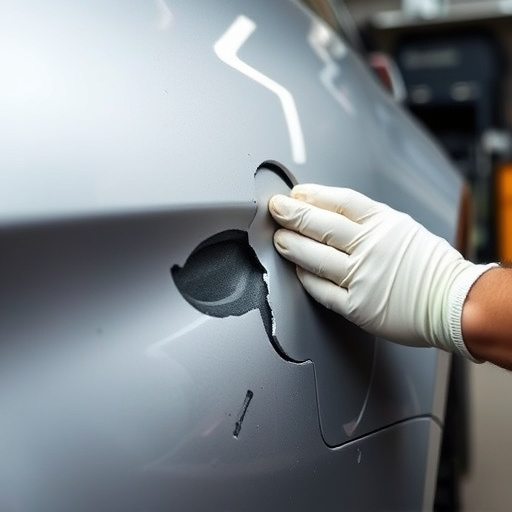
In today’s modern automotive landscape, collision repair technicians work in state-of-the-art workshops equipped with cutting-edge tools and technology. These advancements have revolutionized autobody repairs, making processes faster, more precise, and environmentally friendly. Technicians now employ sophisticated computer systems that provide accurate measurements and designs for complex repairs, from bumper repairs to intricate paintless dent repair techniques.
The workshop environment is a far cry from traditional garages, featuring robotic arms for efficient welding and painting, advanced laser technology for precise cutting and shaping, and digital diagnostic tools that ensure every component of a vehicle’s structure is accurately assessed before and after repairs. These innovations not only streamline the collision repair process but also enhance the quality of final autobody repairs, ensuring vehicles return to the road looking and performing as good as new.
Skills Required: What Makes a Successful Collision Repair Technician
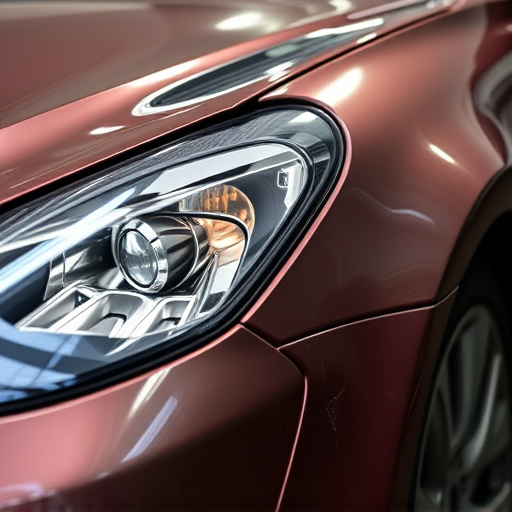
Collision repair technicians require a unique blend of technical expertise and interpersonal skills to excel in their field. Today’s collision repair industry demands professionals who are adept at handling complex tasks involving precision measurements, computer-aided design (CAD), and advanced tooling for frame straightening. A successful technician should possess strong problem-solving abilities, as they frequently encounter unique vehicle damage scenarios.
Beyond technical proficiency, effective communication skills are vital. Collision repair technicians often interact with customers, explaining the repair process, estimating costs, and addressing concerns. They also collaborate closely with a team of other technicians, sharing knowledge and contributing to an efficient workflow within the collision center. Adaptability is another key trait, as these technicians must be prepared to work on various vehicle makes and models, each presenting its own set of challenges.
Safety and Quality Assurance: Expectations for Contemporary Collision Repair Practices

In today’s automotive landscape, collision repair technicians play a pivotal role in ensuring safety and quality assurance for vehicles across diverse auto repair shops. These professionals are expected to possess an in-depth understanding of complex auto body repairs, including intricate details such as precision welding, structural integrity assessments, and effective use of advanced technology like computer-aided design (CAD) software. They are equipped with the skills to handle not just traditional metalwork but also modern challenges like electronic system recalibration and sophisticated auto glass replacement.
Collision repair practices have evolved significantly, incorporating stringent quality control measures and adherence to industry standards. Technicians today are expected to remain up-to-date with the latest techniques in auto body repairs, prioritizing customer satisfaction while ensuring every vehicle leaves the shop safe, reliable, and aesthetically pleasing. This involves meticulous attention to detail during all stages of repair, from initial assessment to final inspection, guaranteeing that each fix meets the highest standards across both functional and cosmetic aspects.
In today’s advanced automotive landscape, collision repair technicians play a vital role in ensuring safety and quality. With modern workshops equipped with cutting-edge tools and technology, these professionals are adept at handling complex repairs with precision. The skills required for this field blend technical expertise with creativity, enabling technicians to restore vehicles to their pre-accident condition. Moreover, strict safety protocols and quality assurance practices guarantee that every repair meets industry standards, offering peace of mind to car owners. As collision repair continues to evolve, staying abreast of these developments is key to receiving top-notch service.
